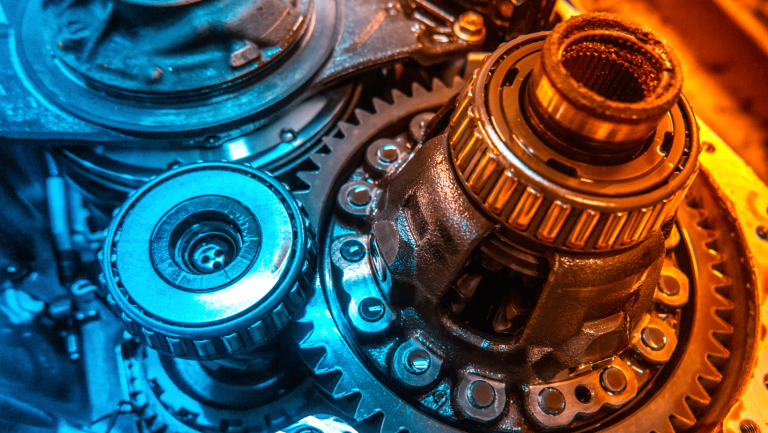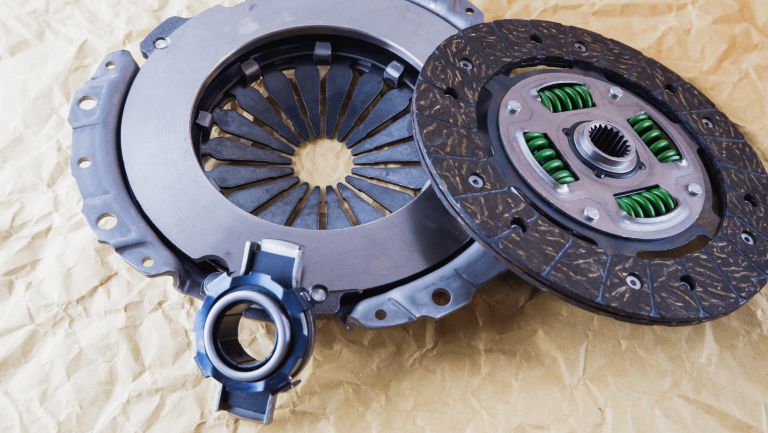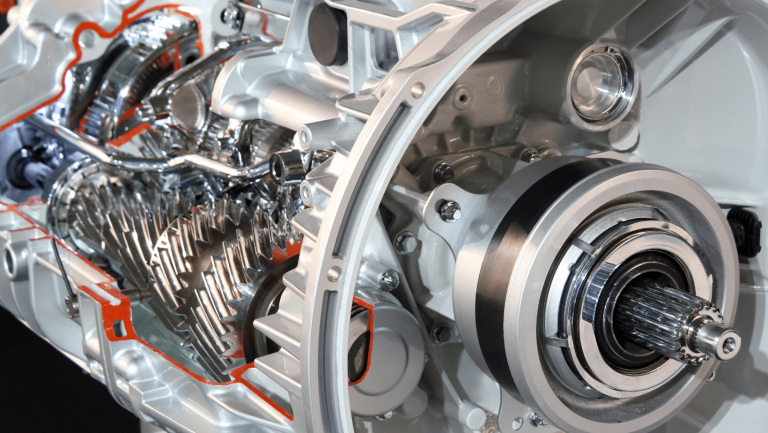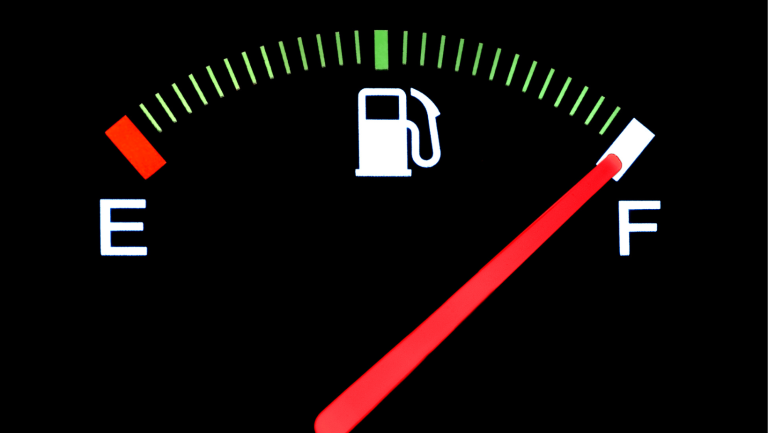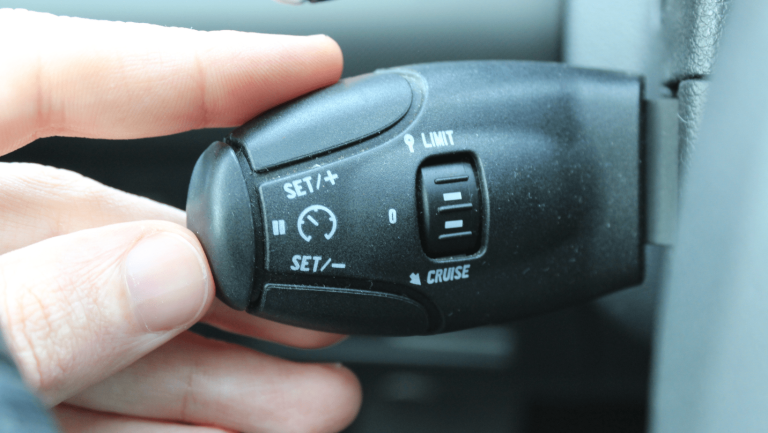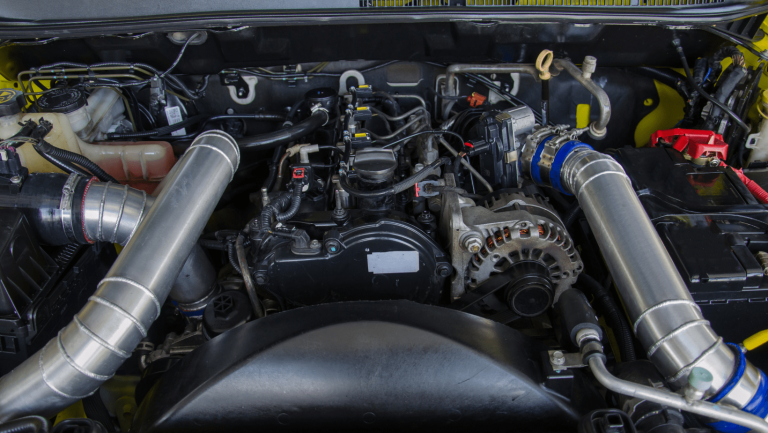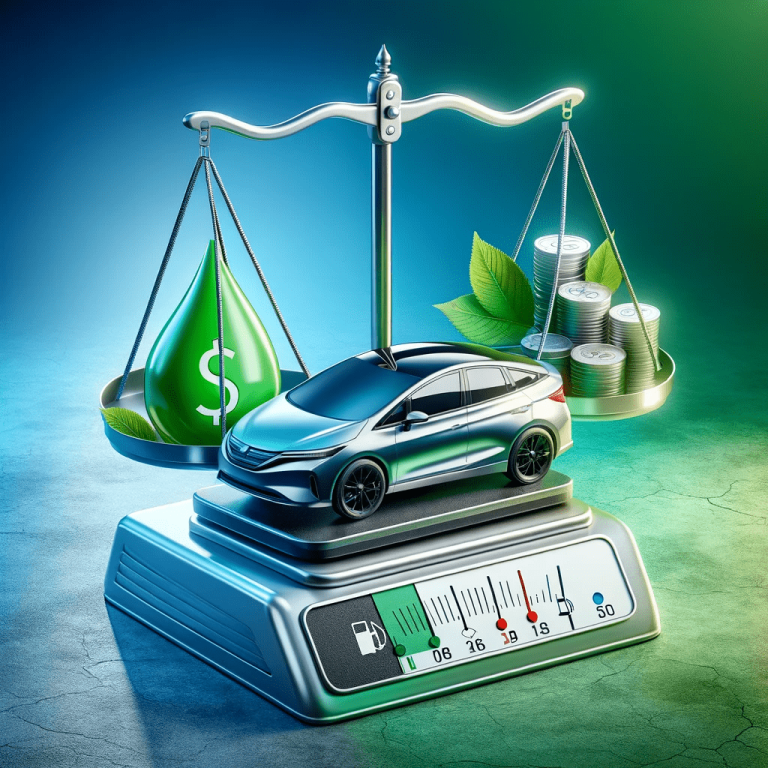Key Takeaways Aspect Detail Fluid Change Intervals Generally recommended every 50,000-100,000 miles for modern vehicles. Importance of Timely Changes Prevents leaks, overheating, and erratic shifting. Transmission Repair Techniques Varied depending on issue and transmission type, from DIY to professional repairs. Preventative Maintenance Crucial for longevity and performance, includes regular fluid changes. Signs of Transmission Issues…
Continue Reading How Often Should I Change Transmission Fluid? (2025)
Experiencing gear slipping in your vehicle can be both unnerving and unsafe. It’s essential to address this issue promptly to ensure your car remains reliable and roadworthy. In this article, we’ll dive into the causes of gear slipping and provide practical solutions to rectify this common automotive challenge. Introduction Gear slipping occurs when your vehicle’s…
Takeaway Description Identify Transmission Leaks Look for red fluid puddles, check fluid consistency and smell, and use cardboard for detection. Common Causes Includes faulty pan gaskets, damaged drain plugs, and failing torque converters. DIY vs. Professional Repair Assess leak severity, necessary tools, and decide between a DIY fix or professional help. Cost of Repairs Ranges…
Key Point Importance Clutch Functionality Essential for smooth gear transitions Right Clutch Kit Selection Impacts performance and longevity Proper Preparation Ensures a safe and efficient replacement process Adherence to Best Practices Prevents future mechanical issues Post-Installation Review Critical for verifying correct installation Understanding the Clutch System The clutch is a fundamental component in manual transmission…
Key Takeaways Aspect Detail Repair Complexity Manual transmissions generally involve simpler repairs than automatics. Repair Costs Automatic transmissions are typically more expensive to repair. DIY Potential Manual transmission repairs are more DIY-friendly. Technology Automatic repairs might require specialized diagnostic tools. Maintenance Regular maintenance is crucial for both but varies in nature. Your vehicle’s transmission is…
Continue Reading Manual vs Automatic Transmission Repair Techniques (2025)
Understanding the Basics of Transmission RepairIntroductionKey Takeaways: Transmission Repair EssentialsUnderstanding the Basics of Transmission RepairIdentifying Transmission ProblemsCommon Transmission Issues & SymptomsRegular Transmission Maintenance: The Key to LongevityEssential Transmission Maintenance TasksThe Professional Touch: Transmission Diagnosis and RepairTransmission Diagnostic ProcessWhy Professional Diagnosis MattersLinking Transmission Health to SafetyHow Transmission Failures Impact Driving SafetyGuide to Common Transmission RepairsTransmission Repair…
Continue Reading Understanding the Basics of Transmission Repair (2025)
Seasonal Fuel Efficiency TipsKey TakeawaysSeasonal Fuel Efficiency TipsWinter Fuel Efficiency TipsSummer Fuel Efficiency TipsTire Maintenance: A Year-Round Efficiency FactorDriving Habits That Affect Fuel EconomyRegular Vehicle Maintenance for Peak Fuel EfficiencyFinal Thoughts: Smart Seasonal Fuel Efficiency StrategiesAdditional Resources Seasonal Fuel Efficiency Tips Maintaining optimal fuel efficiency requires adjusting driving habits and vehicle maintenance strategies according to…
How Do Fuel Additives Affect Efficiency?Key TakeawaysTypes and Benefits of Fuel AdditivesFuel Additives and Their Impact on EfficiencyIntegrating Fuel Additives into Vehicle MaintenanceEnhancing Fuel Injection for Maximum EfficiencyFuel Additives vs. Other Fuel Efficiency FactorsFuel Additives Cost vs. Performance BenefitsFinal Thoughts: Are Fuel Additives Worth It?Additional Resources How Do Fuel Additives Affect Efficiency? Fuel additives are…
Continue Reading How Do Fuel Additives Affect Efficiency? (2025)
Does Cruise Control Affect Fuel Economy?IntroductionKey Takeaways: Cruise Control & Fuel EconomyHow Cruise Control Improves Fuel EfficiencyThe Impact of a Steady SpeedCruise Control in Different Driving ConditionsCruise Control and Environmental BenefitsEco-Friendly AdvantagesIntegrating Technology for Enhanced Fuel SavingsAdditional Fuel-Saving Strategies Linked to Cruise ControlRecap: Does Cruise Control Affect Fuel EconomyAdditional Resources Does Cruise Control Affect Fuel…
Continue Reading Does Cruise Control Affect Fuel Economy? (2025)
Key Takeaways Aspect Detail Engine Wear Idling can accelerate engine wear and reduce engine life. Fuel Economy Prolonged idling decreases fuel economy and efficiency. Environmental Impact Increases carbon emissions and contributes to air pollution. Cost Implications Contributes to higher fuel costs and potential maintenance expenses. Improvement Tips Strategies include efficient driving habits and vehicle maintenance…
Air conditioning in vehicles is a double-edged sword: it provides comfort during hot weather but can impact fuel efficiency. Understanding this relationship is key for drivers who want to balance comfort and fuel economy. Key Takeaways Aspect Detail Impact on Fuel Efficiency Air conditioning can reduce fuel economy by 5-25%. Factors Influencing Impact Vehicle size,…
Continue Reading Impact of Air Conditioning on Fuel Efficiency
Optimal gear shifting is not just about smooth driving – it’s a crucial factor in enhancing fuel efficiency. By mastering the art of shifting gears at the right time, drivers can significantly reduce fuel consumption, leading to both economic and environmental benefits. This article explores the nuances of optimal gear shifting, its impact on fuel…
When it comes to enhancing your vehicle’s performance, regular servicing plays a crucial role, especially in boosting fuel efficiency. In this article, we’ll delve into various tips and strategies that ensure your car runs at its peak, maximizing fuel economy and reducing your carbon footprint. From understanding the importance of routine maintenance to exploring advanced…
Continue Reading Unlocking the Benefits of Regular Servicing
Fuel type and quality are crucial for the performance, efficiency, and longevity of your vehicle’s engine. Selecting the right fuel isn’t just about following manufacturer recommendations; it’s about understanding how different fuel types can impact your vehicle’s overall health and performance. In this article, we delve into the significance of choosing the right fuel and…
Key Takeaways: Benefit Description Enhanced Performance Weight reduction leads to improved speed, acceleration, and handling. Fuel Efficiency Lighter vehicles use less fuel, contributing to better fuel economy. Environmental Impact Reducing vehicle weight decreases CO2 emissions. Cost Savings Improved fuel efficiency results in lower operational costs. Safety and Agility Despite misconceptions, lighter cars can maintain safety…
Continue Reading Weight reduction benefits for fuel efficiency

